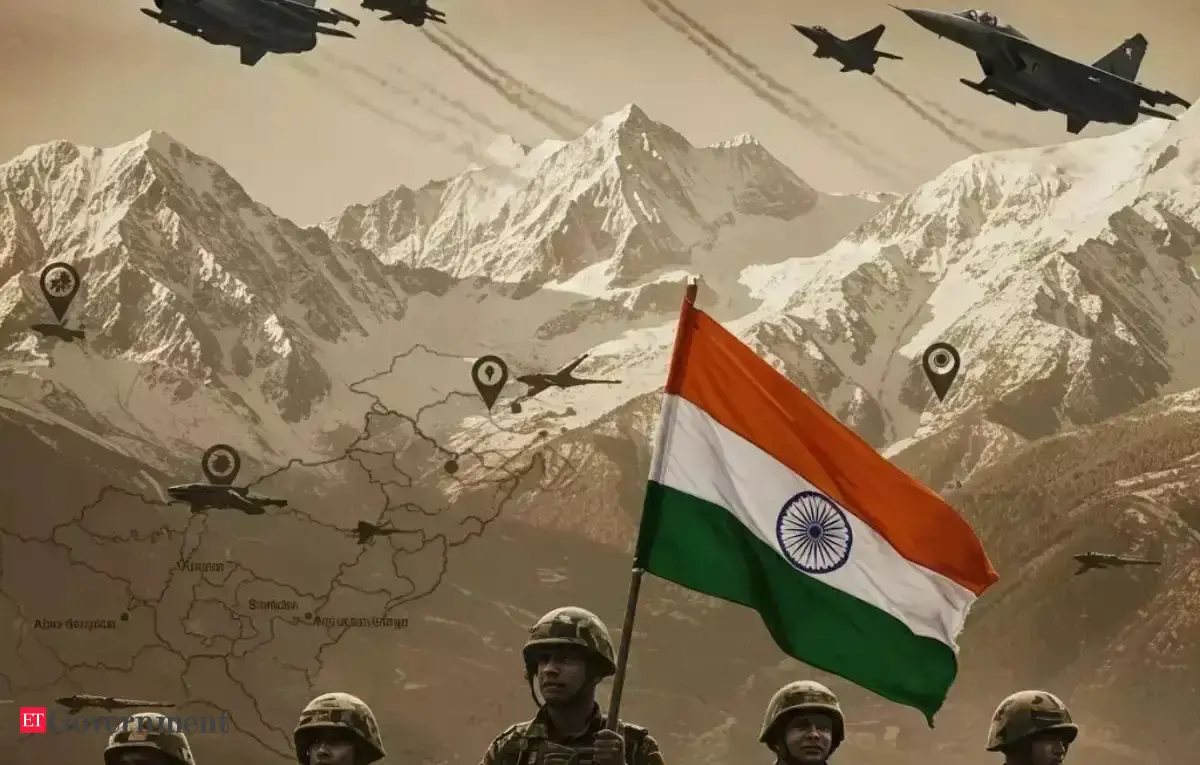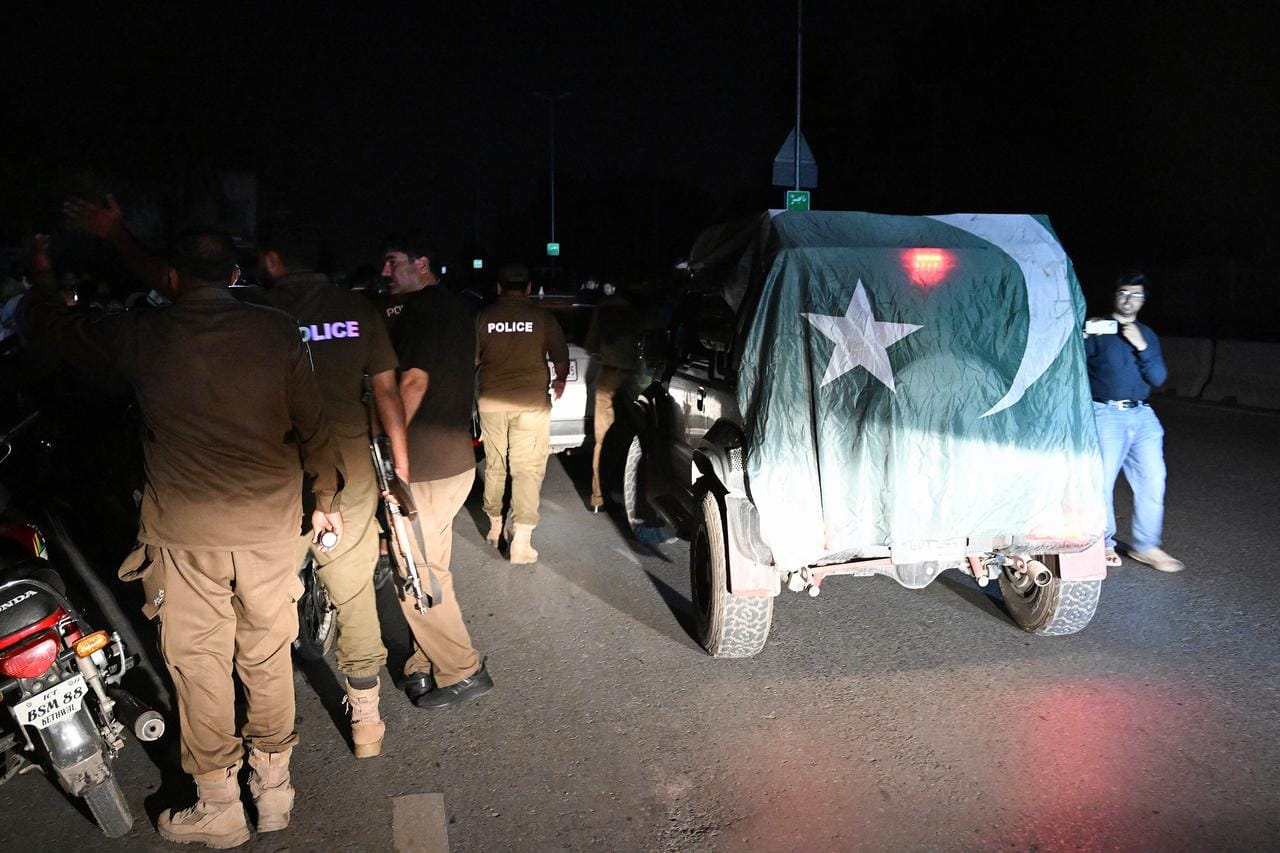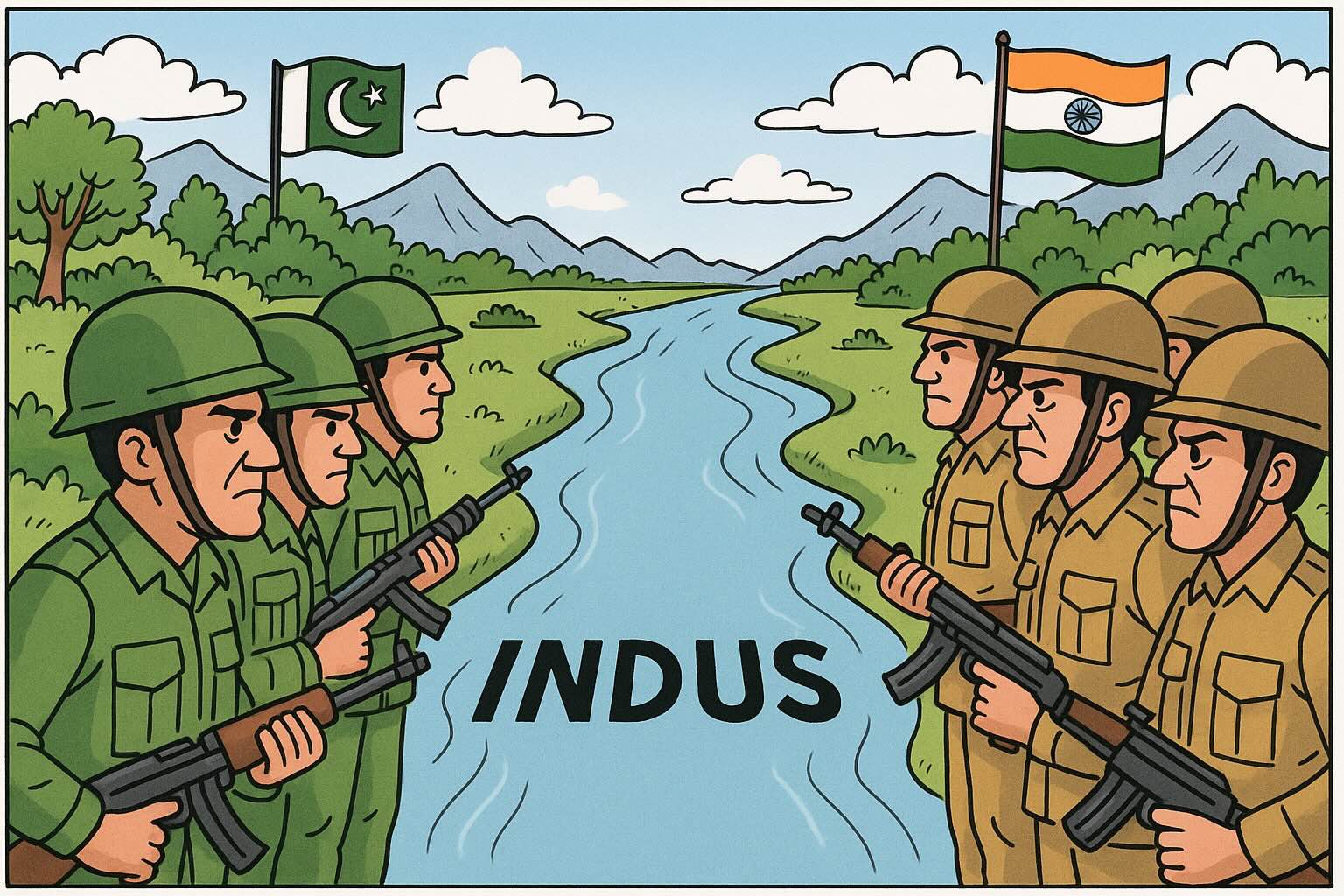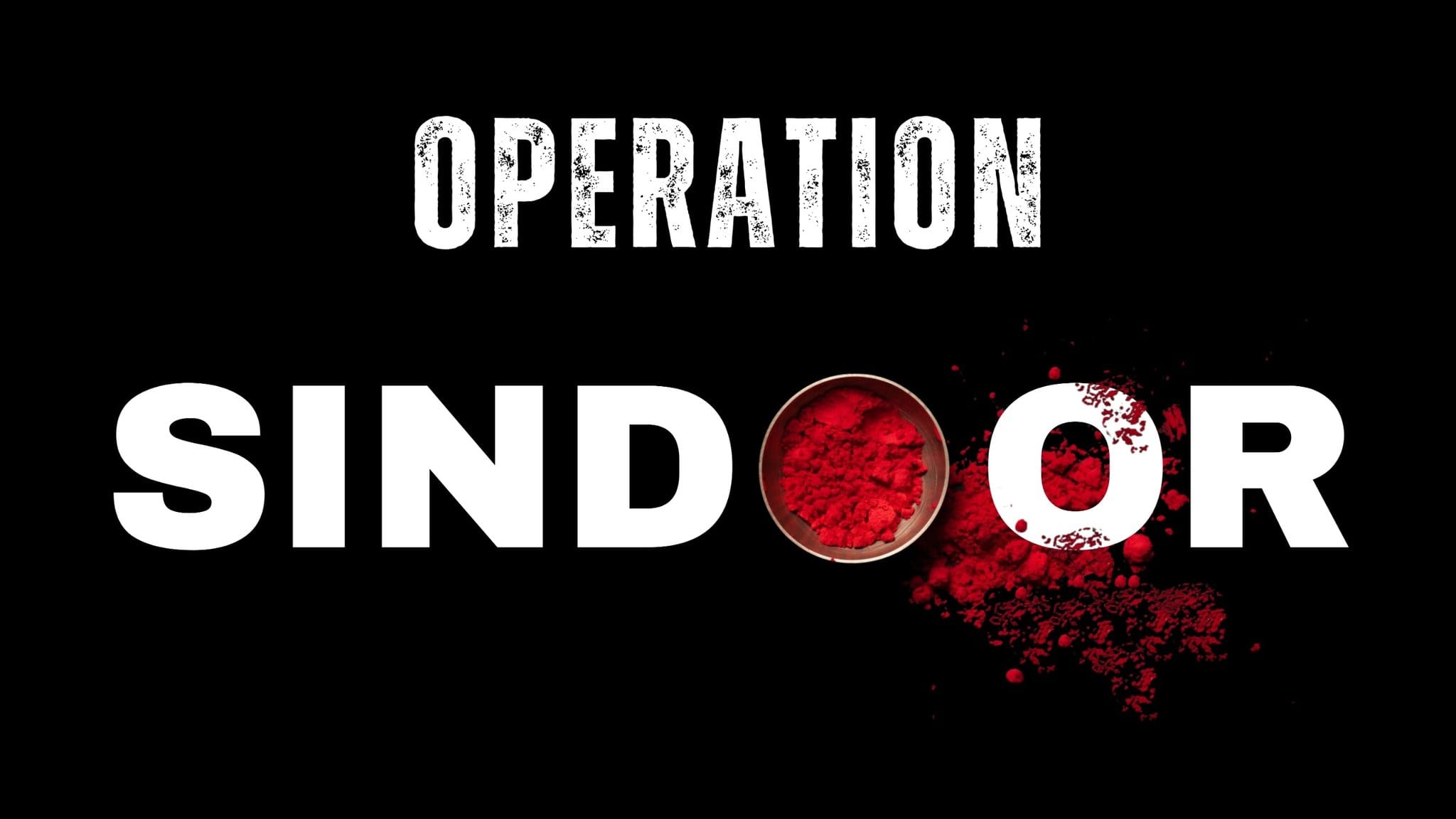The April 2025 attack in Pahalgam, which resulted in the loss of civil-security personnel, did not provoke an immediate retaliatory strike from India. This deviation from past patterns, such as the Balakot airstrike of 2019, has puzzled many analysts. While public expectations leaned towards a swift kinetic response, India maintained a calibrated silence. This restraint does not imply strategic inertia but suggests an evolving doctrine shaped by regional complexities, global alignments, and domestic political calculus. India’s hesitance is not a retreat but a reflection of the growing understanding that militarised responses do not resolve established patterns of cross-border insurgency.
This shift indicates the influence of strategic cost-benefit analysis in Indian security doctrine. In a multipolar world where perceptions define power, India is curating an image of maturity and composure, especially for its international allies and adversaries who observe its conduct closely.
India’s Deterrence and Diplomacy
References
- Joshi, S. (2024). Shadows of Retaliation: India’s New Warfare Doctrine. New Delhi: KW Publishers.
- Kapur, R. (2025). Strategic Signaling in South Asia: The Silence after the Storm. South Asian Affairs, 33(2), 112–130.
- Menon, R. (2025). Moral Expectations and Statecraft in Indian Media. Journal of Contemporary Politics, 18(1), 59–76.
- Raghavan, V. (2025). Institutional Deficits in South Asian Conflict Management. Asian Geopolitics Review, 12(4), 201–219.
- Sahni, A. (2025). Retaliation Reconsidered: Terrorism and National Security in India. Indian Strategic Review, 29(1), 45–63.
- Tharoor, S. (2024). Why South Asia Lacks a NATO. New Delhi: Aleph Books.
- Zhao, W. (2025). China–Pakistan–India: Strategic Dilemmas and Economic Realities. Beijing Review of International Relations, 9(3), 89–101.
Image Credit: The Economic Times Government
About the Author
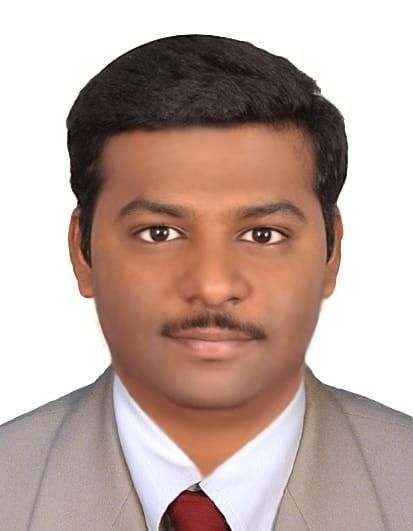
Kondaraju Sandeep Royal holds a Master’s degree in International Relations from Pondicherry University. He completed Bachelor’s degree in Political Science from Christ University. He is currently pursuing Master of Business Administration (MBA) from Indra Gandhi National Open University (IGNOU). He is part of the editorial team of The Viyug regularly contributing expertise on South Asia.
